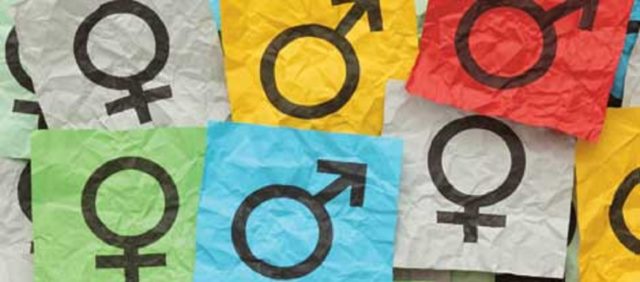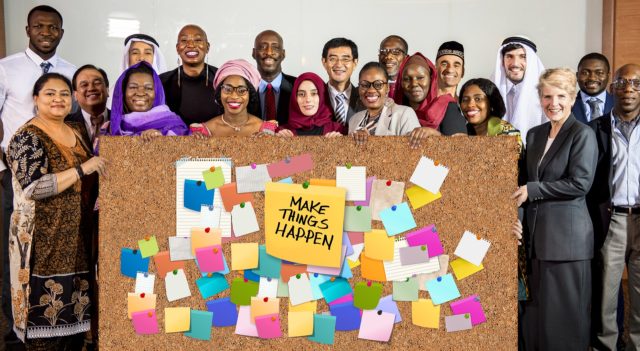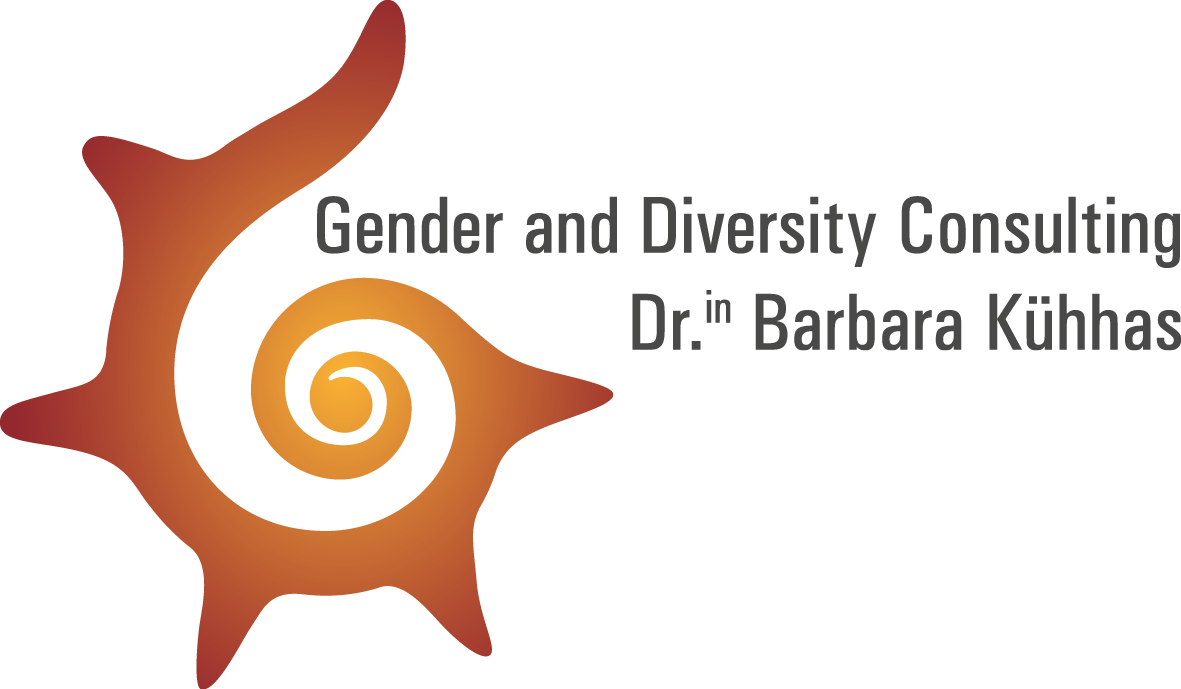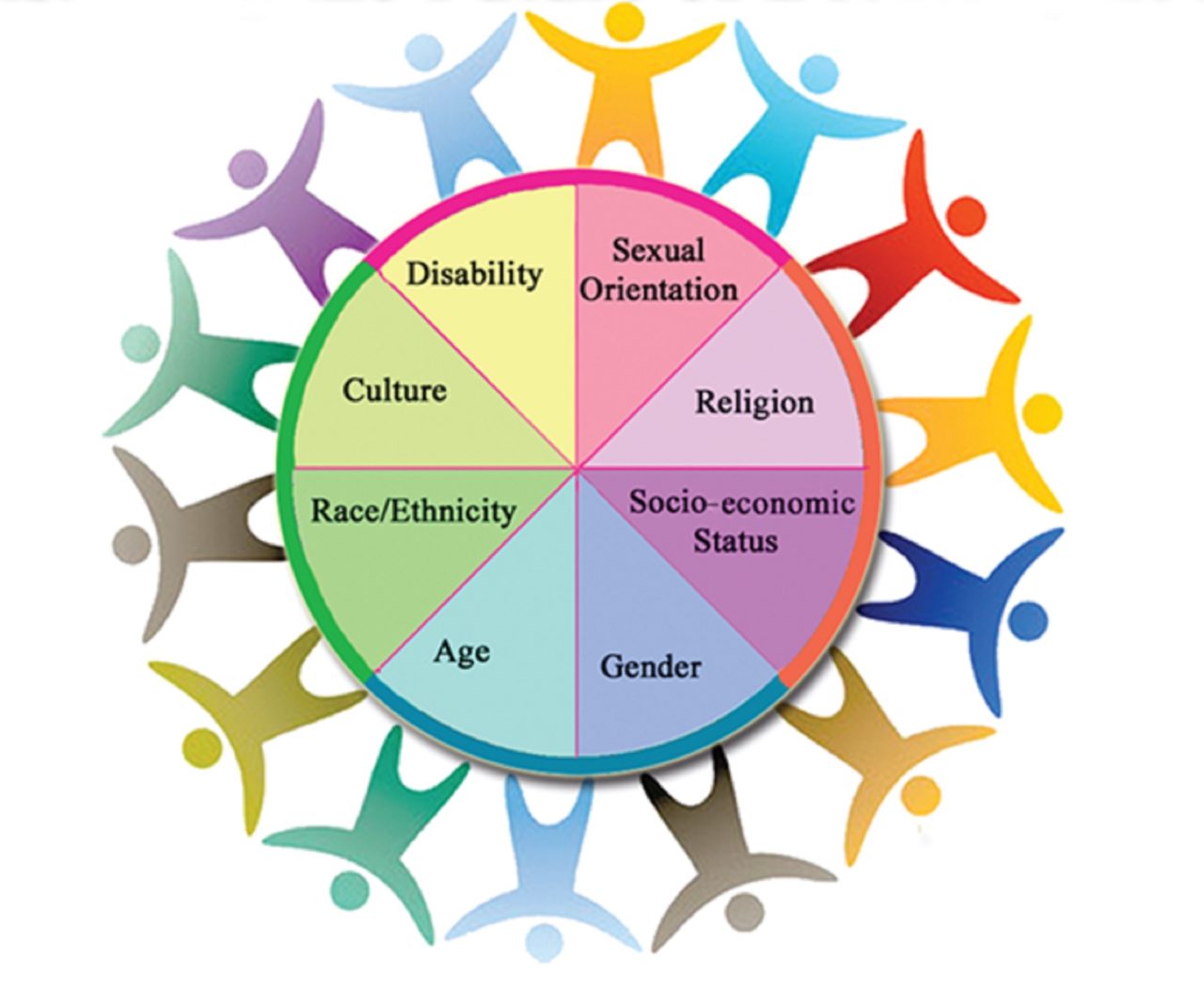Advisory Services and Training in Gendermainstreaming and Diversity Management
Gender Mainstreaming and Diversity Management – what does this mean, why is it important and which added value does it bring for whom?
In the fields of development cooperation and humanitarian assistance gender equality and non-discrimination measures are a must-have since times ago. There are multiple international, and national legal requirements which need to be taken into account when implementing programs and projects with public funding. Generally, the main goal is poverty reduction and implementing of the international human rights framework.
In public, as well as in the private sector, the implementation of Gender Mainstreaming and Diversity Management enhances effectivity of organizations, enterprises and programs; it positively supports equal opportunities for staff and enhances positive organizational culture; it protects from legal risks and positively positions the image of an organization. Higher project participants or costumers’ satisfaction, better motivation and productivity of staff are some of the results.

Gender Mainstreaming derives from the word „Gender“ – which refers to the socially constructed roles, behaviours, activities, and attributes that a given society considers appropriate for men and women; the term “gender mainstreaming” has been defined as a means to reach “Gender Equality” at the Fourth World Conference on Women in 1995. In the public field, Gender Mainstreaming is to be implemented since 1997:
The definition, based on the Economic and social Council (ECOSOC) of the United Nations is:
“Mainstreaming a gender perspective is the process of assessing the implications for women and men of any planned action, including legislation, policies or programmes, in all areas and at all levels. It is a strategy for making women’s as well as men’s concerns and experiences an integral dimension of the design, implementation, monitoring and evaluation of policies and programmes in all political, economic and societal spheres so that women and men benefit equally, and inequality is not perpetuated. The ultimate goal is to achieve gender equality. (REPORT OF THE ECONOMIC AND SOCIAL COUNCIL FOR 1997 (A/52/3, 18 September 1997)
De facto Gender Equality is regarded as an important success criterion for the solution of social, economic and political challenges. Gender Equality can only be reached, if it is adhered to and mainstreamed into all fields of politics and policies, so as to lead to reorganisation, improvement, development and evaluation of decision making processes at all levels.
The criteria that Austrian Development Organizations need to implement, are defined in the Gender Policy of the Austrian Development Cooperation (ADC), and in the EU Gender Action Plan II (2016-2020). On international level, there exists a diverse field of legal requirements, based on the international human rights law, as well as regional and national legal non-discrimination frameworks of partner countries, which need to be taken into account, and duly implemented.
1995 Gender Mainstreaming was introduced as a method to reach gender equality in the EU. Since 1999 it is part of Primary Law for all EU Member States in the field of Non-Discrimination, and needs to be implemented..
Gender Mainstreaming also refers to men in equal treatment, and actively analyses their roles. It is not reduced to affirmative action for women. Gender Equality is thus a central conept, especially related to the life of work. Due diligance – „Compliance“ of enterpreises- are laid down in their national (or Regional – such as European) Equal Treatment Laws.
The planning and implementation of gender mainstreaming is a complex concept, which needs to be integrated into all processes. The point of departure is normally a gender analysis, or a gender audit, which builds the basis for strategy development and adaptation.
I personally work with the internationally certified methodology of the ILO (International Labour Organisation), with a participatory approach to elaborate a „Gender Audit“, and if commanded, to develop strategic policy advise, recommendations and action plans.
Diversity
The term „Diversity“ refers to strategies to maintain diversity in its different forms. Today apart of biological diversity, it is especially important in the fields of economic, cultural and social diversity. „Diversity indicates differences and comunalities, which shape individuals based on their personal identities, their different and commun origins and group membership “(Liegl, Wladasch: Vielfalt und Chancengleichheit im Betrieb, Vienna 2010).
The diversity topics, which are relevant in the field of legal compliance are based on the specific national (and in our context – European) Equal Treatment and Anti-Discrimination Laws; and are mainly embedded in labour law regulations. In Austria important indicators are age, sex, ethnic origin, religion and world view, sexual orientation and disability.
By having the goal to support diversity within an enterprise or organization Diversity Management is a means to reach equal opportunities. It is the sum of all the measures taken, to implement an organizational culture in which pluralism and differences are accepted, approved and recognized as a positive contribution to the success of an organization. Enterprises, which do implement Diversity Management, are trying to use plurality and heterogeneity of staff and customers productively.
In the field of development cooperation, the principle of diversity management is embedded in non-discrimination, and needs to be reflected internally as well as externally in the social inclusion measures taken by projects and programs.
Special focus is on the implementation of human rights and non-discrimination standards, in order to assure the equal opportunity of project participants to participate in development. An approach internationally used in development cooperation, to enhance this is the human rights-based approach.
Diversity Management has been introduced as a human resource development approach internationally and targets the optimal use of diversity of human resources and staff. Therefore, the diversity of life and job experiences, values and world views are understood as social capital of staff; and are seen as a value added for the economic success of an enterprise. Managing Diversity does not only mean to tolerate differences; but also, to appreciate and appraise them.
Which advantages do Gender Mainstreaming and Diversity Management entail?

- Protection from legal Risks: The fulfilment of the anti-discrimination laws in the world of work are strengthening equal opportunities for staff, and the respective „Gender and Diversity Compliance“ in non-profit organizations and private or public enterprises.
- Prevention of Discrimination and enhanced Corporate Culture: Special measures for equal treatment and equality are contributing to supporting equal career opportunities for people who might otherwise potentially be discriminated against.
- Increase of Motivation and Productivity of Staff: less staff turnover due to higher satisfaction (e.g. family-friendly measures, etc.), and related less costs and access to new talent pools.
- Contribution to a positive Image of the Organization or Enterprise: Gender Mainstreaming and Diversity Management strongly contribute to the Corporate Social Responsibility (CSR), and thus to the positive public image, of non-profit organizations as well as private enterprises.
- Better Projects and Products: more effective participation of program partners and in the private sector more innovation and competitive advantage through more creative results.
- Higher Project Participants or Customer Satisfaction: In the non-profit sector, participants of programs are more satisfied with program implementation and in private sector.
- Access to new clients, and stronger customer loyalty are the results.
Links
Development Cooperation, Gender and Human Rights:
EU Gender Action Plan III (2021-2025):
For access in all EU member states languages, klick here
Resource Package on Gender Mainstreaming in EU Development Cooperation:
EU and the (Human) rights-based approach:
JOINT COMMUNICATION TO THE EUROPEAN PARLIAMENT AND THE COUNCIL EU Action Plan on Human Rights and Democracy 2020-2024, JOIN/2020/5 final
COMMISSION STAFF WORKING DOCUMENT TOOL-BOX A RIGHTS-BASED APPROACH, ENCOMPASSING ALL HUMAN RIGHTS FOR EU DEVELOPMENT COOPERATION (SWD(2014) 152 final)
http://register.consilium.europa.eu/doc/srv?l=EN&f=ST%209489%202014%20INIT
Humanitarian Aid and Gender:
ECHO: European Civil Protection and Humanitarian Aid Operations
http://ec.europa.eu/echo/what/humanitarian-aid/gender-sensitive-aid_en
EC Gender and Age Marker Toolkit:
https://ec.europa.eu/echo/files/policies/sectoral/gender_age_marker_toolkit.pdf
Human Rights System International:
Privat Sector – Culture and Compliance:
European Union: Gender equality in the labour market
http://europa.eu/legislation_summaries/employment_and_social_policy/equality_between_men_and_women/c10940_en.htm
European Institute on Gender Equality (EIGE): http://eige.europa.eu/
Eureopean Fundamental Rights Agency (FRA): http://fra.europa.eu/en
Handbook on the European Non-Discrimination law
http://fra.europa.eu/en/publication/2011/handbook-european-non-discrimination-law-2011-edition
Austria – Bundesgesetz über die Gleichbehandlung (Gleichbehandlungsgesetz – GlBG)
https://www.ris.bka.gv.at/GeltendeFassung.wxe?Abfrage=Bundesnormen&Gesetzesnummer=20003395
Rechtsvorschrift für Bundes-Behindertengleichstellungsgesetz (Austria)
https://www.ris.bka.gv.at/GeltendeFassung.wxe?Abfrage=Bundesnormen&Gesetzesnummer=20004228

